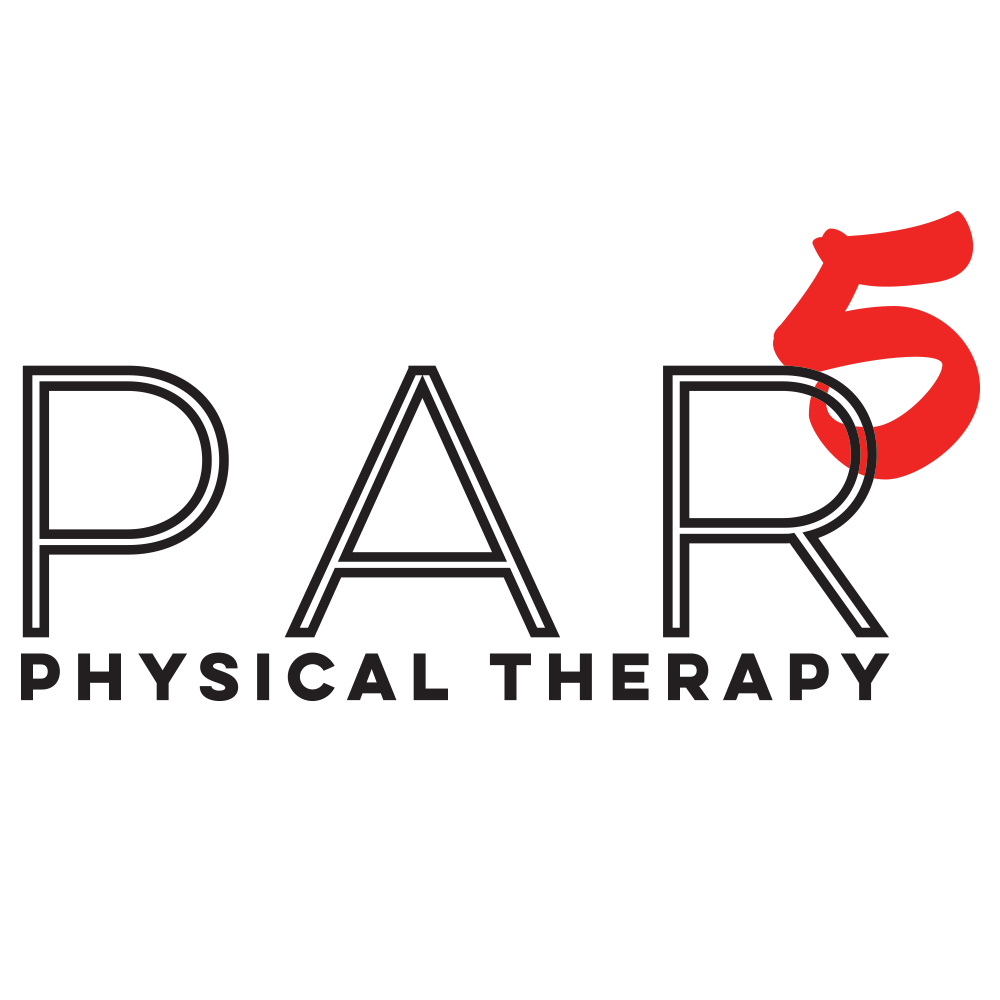What causes muscle tightness?
Tight muscles, trigger points, taut bands of tissue... We're all familiar with the feeling. The tightness that can creep into our muscles, making movement slow and sometimes painful. But what causes muscle tightness?
If we take a closer look at the muscle, it's basically fibers that shorten and lengthen, innervated by a nerve. The nervous system controls muscle activity, how hard to contract and how much to relax. There's also connective tissue (fascia) that fills in all the gaps and creates a latticework for the muscle tissue to work effectively.
Tightness in a muscle can come from many sources. Most people are aware of muscle shortness or length that can cause tightness, or the fascia can be more adhered or become more sticky which can decrease the sliding capability of the tissue, causing a feeling of stiffness or tightness.
But most people neglect the nervous system component. The brain and nerves drive the body and muscles and can increase muscle tone and tightness.
Most people ask me why they feel so tight even though they roll out after their workout or get massages. Muscle tone and pain can be affected by the sympathetic nervous system. Also known as the "fight or flight" system, it can increase muscle tone as needed. So when we are stressed or anxious, muscles can get tight. One key thing to remember when you're rolling out your muscles or doing some other self-myofascial release technique is to remember to work on your breathing.
Try and take deep, long breaths when you're rolling to relax your nervous system. Relax your face muscles. This down-regulates the sympathetic nervous system and taps into the parasympathetic nervous system, the “rest and digest” system. This can help relax the muscle and reduce its tone.
We see immediate effects in range of motion and flexibility when we perform an intervention that incorporates the nervous system.
So next time you’re rolling out your muscles, work on relaxing your breathing and see how your muscles react.
If you want more information or have questions, feel free to contact PAR5 Physical Therapy.

